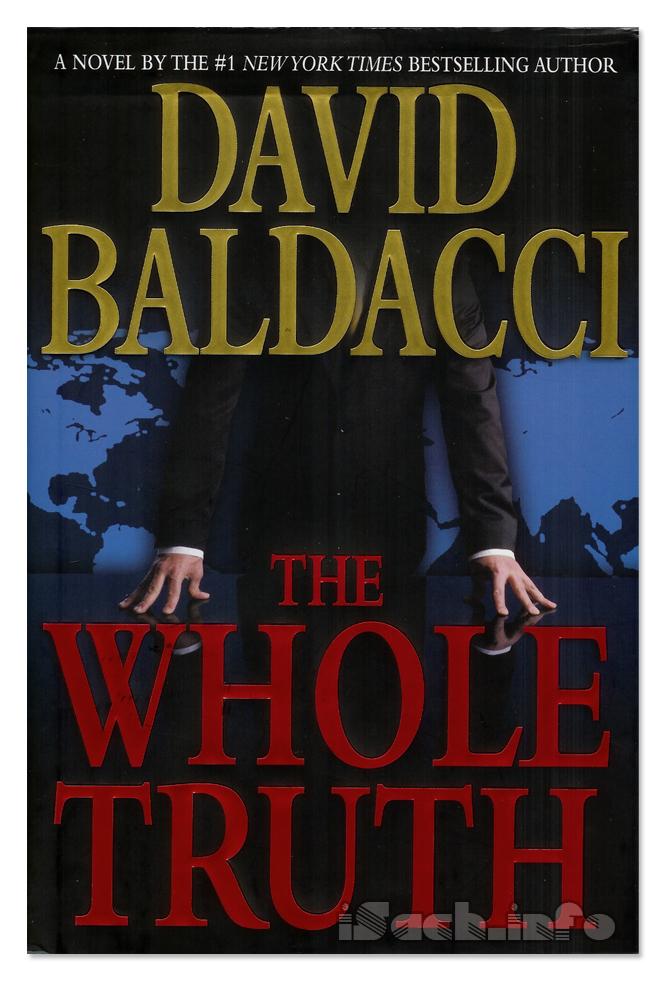Chapter 9
K
ATIE JAMES GROANED as sunlight flooded the room. Apparently the three wake-up calls had failed to stir her, even though she’d specifically asked for them, naively believing perhaps that one of them would break through the fog of her brain. She was exhausted from travel, time zone changes, and lack of sleep, and anyway, who wanted to get out of a comfy bed to go to a funeral? Groggy, she finally sat up, tugging the sheet high up around her neck. She coughed, rubbed her throat, and glanced at the clock.Oh shit! I’m really late. Hold the body, I’m coming.
She leapt up, dashed naked into the bathroom, and in the span of ten blurred minutes was showered, dressed, and slamming the hotel room door behind her, wet hair and all. The life of the globe-trotting journalist had at least prepared her to move fast when she absolutely had to. Fine, she was attending a funeral. What she really wanted was a mojito. In fact she wanted about three of them, just to start. Then the bourbon would kick in. Then the martinis followed by the gin and tonics. She didn’t discriminate. She loved them all.
It had started with too much bar time trying to keep up with the boys covering the next big story overseas. Yet it was when she’d won her second Pulitzer, almost dying in the process, that the booze had gotten out of hand. Katie had very good reasons to drink after that near-death experience, but she kept them strictly to herself.
The alcohol had not become a career problem until her editor had noticed the slurred speech, the red eyes in the afternoon, and the occasional forgetting of places to go, stories to write, asses to kiss. He in turn had informed the managing editor, and up the line of command the lurid truth had galloped. They were all lushes themselves, having successfully extended the liquid lunch into the twenty-first century, yet the hammer had come down on her until she’d finally been reassigned to write about dead people. In Hollywood, going into rehab got you instant street cred. In journalism, she was damaged goods.
It’d been the talk of New York journalism circles for a few weeks and then everyone quit caring. Everyone except Katie.
So here she was covering a state funeral of a beloved Scottish leader who’d lived to be a hundred and four or some ridiculous age. To see a shriveled man with the face of a Shar-Pei dressed in a full kilt lying at the bottom of a gigantic coffin like a miniature doll in a massive toy chest made her want to laugh, not cry.
She’d tried AA, only because her editor had demanded it as a condition of her continued employment. He’d obviously forgotten the two Pulitzers she’d earned the damn newspaper or the wound in her left arm that had never really healed. Or the powerful stories she’d delivered, plumbing them over the years from every chaotic and wildly dangerous corner of the earth. This had been accomplished at enormous personal cost to herself, meaning, exactly, that she had no life outside of putting pen to paper. She’d been to eighty-four countries and experienced exactly one blind date, to a Pakistani who’d told her she reminded him of his favorite cow. Bless him. She wondered if his nose had ever healed from her fist colliding with it.
Then, three years shy of the big four-oh, she’d woken up in a room she didn’t recognize with a man she didn’t know, in a country she didn’t know how she’d gotten to, covered in what appeared to be her own sick. That had propelled her back to AA, where she’d stood up and told a roomful of strangers that she was a totally screwed-up basket case that hoped to get better. Her last drink had been six months ago. Yet every morning, afternoon, and evening the monster was there, urging her to break her pledge, take that one little sip. And here she was in Scotland, home of the world’s best whisky, or at least the most choices of it. Her lips quivered and her throat tightened at the thought.
It wasn’t until she arrived at the funeral that she realized she’d mistakenly dressed all in white, frantically grabbing whatever clothes she could find in her hotel closet. She looked like a lily amid the sea of dreary black. Katie was tall and slim, with shoulder-length blonde hair that was still wet even after hanging it outside the taxi window on the ride over. She’d been mistaken more than once for Téa Leoni. There might have been a time when Téa Leoni would have been mistaken for her, especially after the second Pulitzer when her picture was plastered all over the world, because she’d come seconds and inches away from losing her life getting the damn story.
One older man had suggested that she was actually a dead ringer for Shirley Eaton, the Goldfinger girl from the Bond film. He’d intimated that he wouldn’t mind seeing Katie in gold enamel paint and nothing else, even as his hand had slid to her rear end and squeezed tightly. She’d hurt her fist on his face too.
Hollywood of course had wanted to film her harrowing adventure in winning journalism’s top prize, and had even suggested Leoni as a potential lead to play her. Yet Katie had said no to all such offers. It was not for reasons of vanity, or privacy. It was for reasons of shame. Of guilt.
There had been someone else involved, someone who had lost his life while she earned her short-lived fame. A child. A little boy. And it had been somewhat Katie’s fault. No, perhaps mostly her fault. No one knew that part of the story. No one except Katie. That’s when the only solace she could find anywhere in life was while staring at a full glass of liquor and then pouring it down her throat, letting it burn the hell out of her, grafting scars onto her soul on the way down one highball at a time.
The little Afghan boy’s name had been Behnam. She’d been told the name meant goodness and honor. And he had possessed both qualities she’d found. Curly black hair, a smile that could melt the stoniest of hearts, full of life right up to the moment it was violently taken from him.
Her fault. He’d died. She’d lived. But not quite all of her had made it. A part of Katie had perished with the child. When she’d received the second Pulitzer her emotions had been such that no wordsmith, no matter how gifted, could have hoped to capture them in mere language. It was her night; everyone was telling her how brave, how wonderful, how talented she was. Her wounded arm bundled up in thick bandages and a brace, the really serious internal damage the bullet had done mostly hidden away in her emaciated, weakened body, had only seemed to emphasize in a dramatically visual way her unequivocal birthright to the prize. Yes, a deserving winner if ever there was one. She’d smiled, hugged them all with her one good wing, and generally given off the aura of someone perfectly at peace with herself and her exalted position in life.
She’d gone home alone that night to her apartment in New York and woken up the next morning in her underwear on her living room floor, an empty bottle of Jack on her gut, hating herself. Yes, perfectly at peace. Other than her very soul having been rent in two, she was doing fine.



 ePub
ePub A4
A4